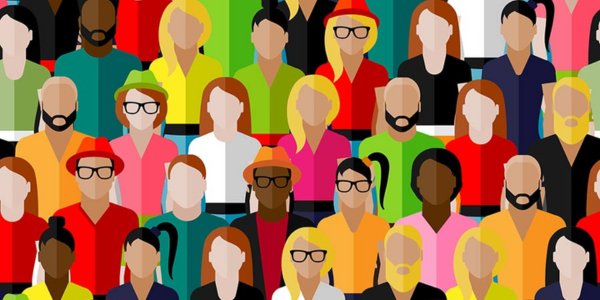Identity Politics
Identity Politics: Understanding the Power of Group Identity
Identity politics refers to political movements or beliefs that are shaped by a person’s membership in a particular social group—such as race, gender, sexuality, religion, or nationality. Instead of focusing on broad ideologies or class-based interests, identity politics emphasizes shared experiences of marginalization or privilege, aiming to give voice to groups historically excluded from mainstream political discourse.
This concept gained momentum in the late 20th century as civil rights, feminist, and LGBTQ+ movements sought recognition and equality. Rather than viewing politics purely as competition over resources, identity politics reframed it as a struggle for representation, respect, and visibility.
The Evolution and Debate Around Identity Politics
Identity politics has had a profound influence on how people organize and advocate for change. For many, it offers empowerment—a way to speak collectively about discrimination or injustice. However, critics argue that it can fragment societies by emphasizing differences over shared goals.
Today, identity politics plays a visible role in public debates, from gender rights and racial justice to sexual identity and religious freedom. Social media has amplified both its positive impact—mobilizing marginalized voices—and its challenges, as polarization deepens across ideological lines.
At its best, identity politics serves as a reminder that politics is not just about policy—it’s about who gets to be heard.
FAQ
What is the meaning of identity in politics?
It refers to how a person’s social identity—such as race, gender, or sexuality—influences their political beliefs, values, and participation in society.
What is political identity and examples?
Political identity describes how individuals align with certain ideologies or groups. Examples include feminist activism, Black Lives Matter, or conservative nationalism.
Is woke identity politics?
The term “woke” often overlaps with identity politics. It represents awareness of social injustice, particularly regarding race and gender, but not all identity-based movements identify as “woke.”
What is a simple definition of politics?
Politics is the process of making collective decisions and governing communities through power, law, and public debate.
What is identity politics quizlet?
On Quizlet or similar study platforms, identity politics is defined as political action based on group identity and shared experiences, rather than general ideology or class.
















